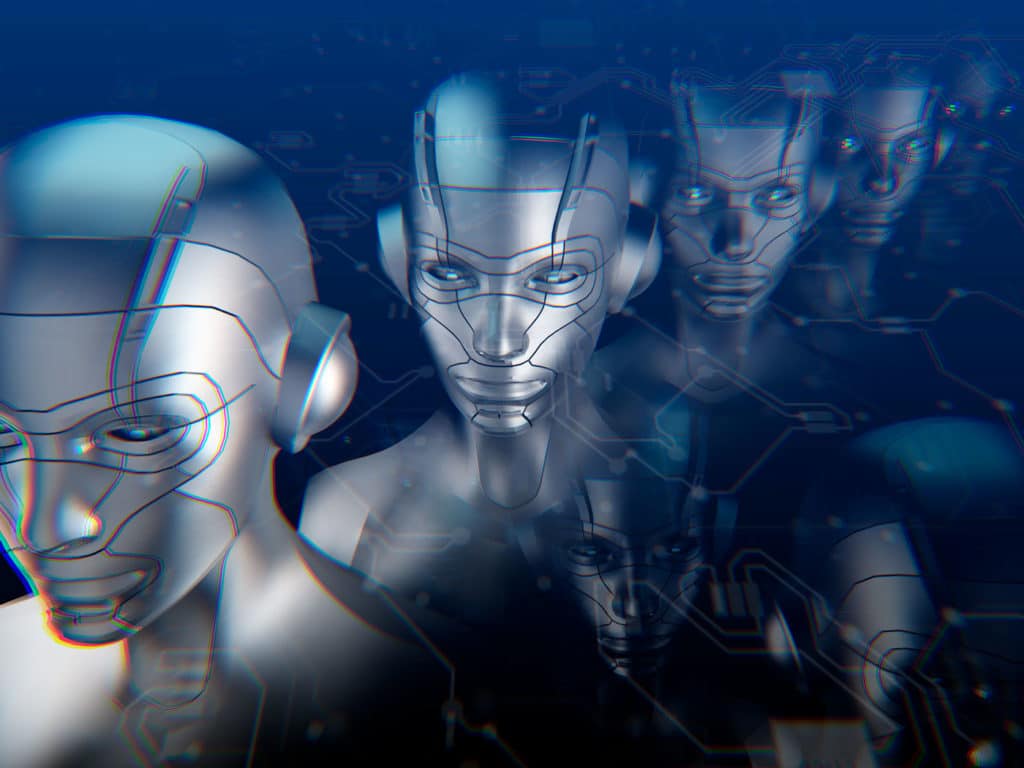Tag: Imperial College London
Presenting a case for molecular scales in atmospheric models

Modelling Earth’s atmosphere is a monumentally difficult task, and atmospheric scientists have long faced challenges in accurately recreating the large-scale processes they observe in real life. Dr Adrian Tuck, a retired former visiting professor at Imperial College London, proposes that models could be improved by accounting for processes which take place on molecular scales. Through a better explanation of the […]
Read More… from Presenting a case for molecular scales in atmospheric models
Advancing imaging biomarker development and translation through the National Cancer Imaging Translational Accelerator (NCITA)

It is estimated that someone is diagnosed with cancer every two minutes in the UK. Clinical imaging offers a minimally invasive way of diagnosing and managing a variety of cancers. The National Cancer Imaging Translational Accelerator (NCITA) consortium now provides researchers with the infrastructure to conduct high-quality, multi-centre clinical research in the quest to develop standardised imaging biomarkers and accelerate […]
RADON: Expanding the use of serverless computing technologies

The RADON (Rational decomposition and orchestration for serverless computing) project is coordinated by Dr Giuliano Casale, with researchers from Imperial College London, Tilburg University, University of Stuttgart, and University of Tartu, as well as the Athens Technology Center, Engineering Ingegneria Informatica, XLAB, and Eficode. The consortium has developed a software engineering framework that addresses the challenge of developing cloud applications […]
Read More… from RADON: Expanding the use of serverless computing technologies
Psychedelic psychotherapy: The answer to addiction?

The use of psychedelics as a tool to aid psychotherapy is controversial, even in 2020. But some psychiatrists think psychedelics could be used effectively and safely to enhance the treatment of patients with a range of mental health issues. Consultant psychiatrist Ben Sessa is one such doctor, and he has been conducting research and gathering evidence in this area since […]
Read More… from Psychedelic psychotherapy: The answer to addiction?
A biochemical device to demystify a century-old thermodynamics puzzle from theoretical physics

Maxwell’s demon and Szilard’s engine – thought experiments from the 19th and early 20th centuries – have long captured the imagination of theoretical physicists. Many still disagree about the interpretation of these ideas, the implications for the second law of thermodynamics and the consequences for thermodynamics of computation. Along with collaborators, Dr Thomas Ouldridge at Imperial College London has designed […]
Building artificial intelligence for social good

Artificial intelligence is one of the most disruptive technologies nowadays and as such is considered both an opportunity and a threat to society. On the one hand, it could make us vulnerable as we trust machines to make more and more decisions that so far have been reserved for humans. On the other hand, it has the potential to revolutionise […]
Read More… from Building artificial intelligence for social good